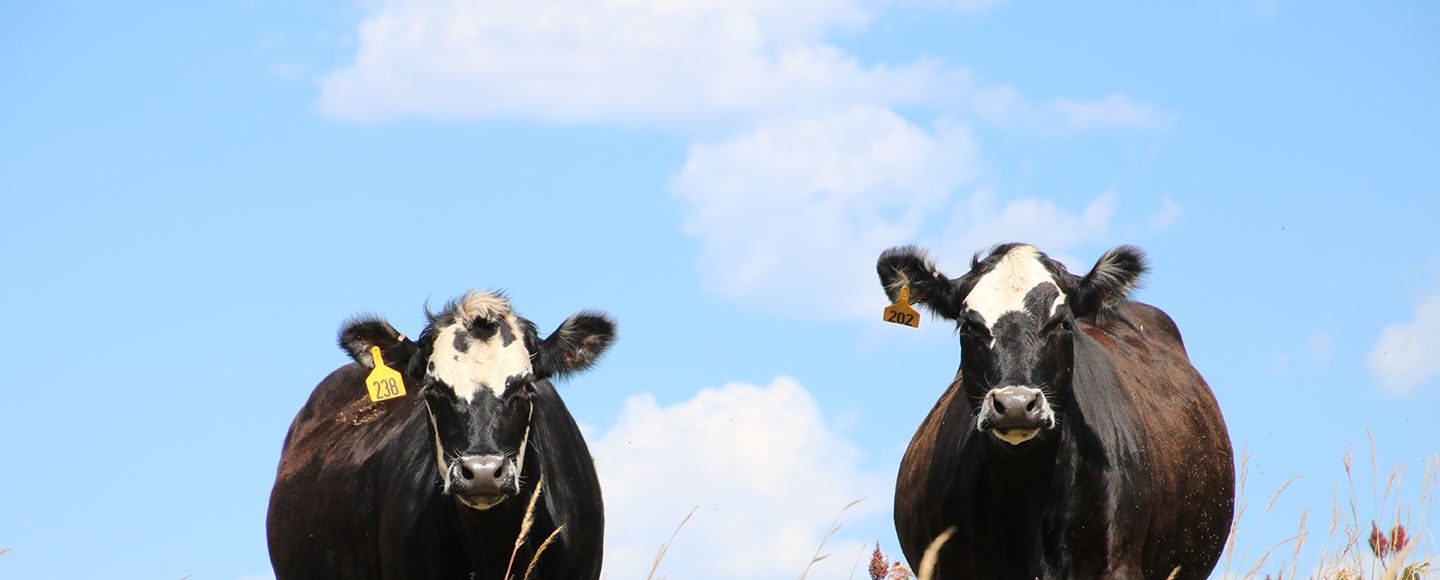
USDA has closed the southern border, effective immediately, to imports of cattle, horses and bison due to the continued northward spread of New World screwworm (NWS) in Mexico. The invasive pest recently has been detected in remote farms with minimal cattle movement as far north as Oaxaca and Veracruz, about 700 miles away from the U.S. border.
The import suspension will persist on a month-by-month basis until a significant window of containment is achieved. Any livestock currently in holding for entry into the U.S. will be processed normally. This includes an inspection from an Animal and Plant Health Inspection Service (APHIS) port veterinary medical officer and treatment to ensure the cattle are not carrying NWS. More detailed information on trade restrictions can be found here.
“USDA’s border closure was entirely avoidable. U.S. government officials, NCBA and leaders from affiliated state cattle industry associations have been sounding the alarm for months. Unfortunately, the Mexican government created unnecessary bureaucratic hurdles that rendered prevention efforts ineffective and allowed screwworm cases to spread unchecked beyond control points in southern Mexico,” said NCBA Chief Executive Officer Colin Woodall. “The Mexican government’s failure to knock down senseless obstacles has left America with no alternative but a closure of the U.S. border until the outbreak is verifiably stopped and the flies pushed back south of Panama’s Darien Gap.”
Effective eradication of the pest requires a three-pronged approach: robust active field surveillance with education and outreach to ensure early detection, prevention and treatment; controlled animal movement to limit spread; and sustained sterile insect dispersal. USDA is using tick riders to monitor livestock and wildlife along the southern border for the presence of NWS. Additionally, APHIS is releasing sterile flies through aerial and ground release at strategic locations, focusing on southern Mexico and other areas throughout Central America.